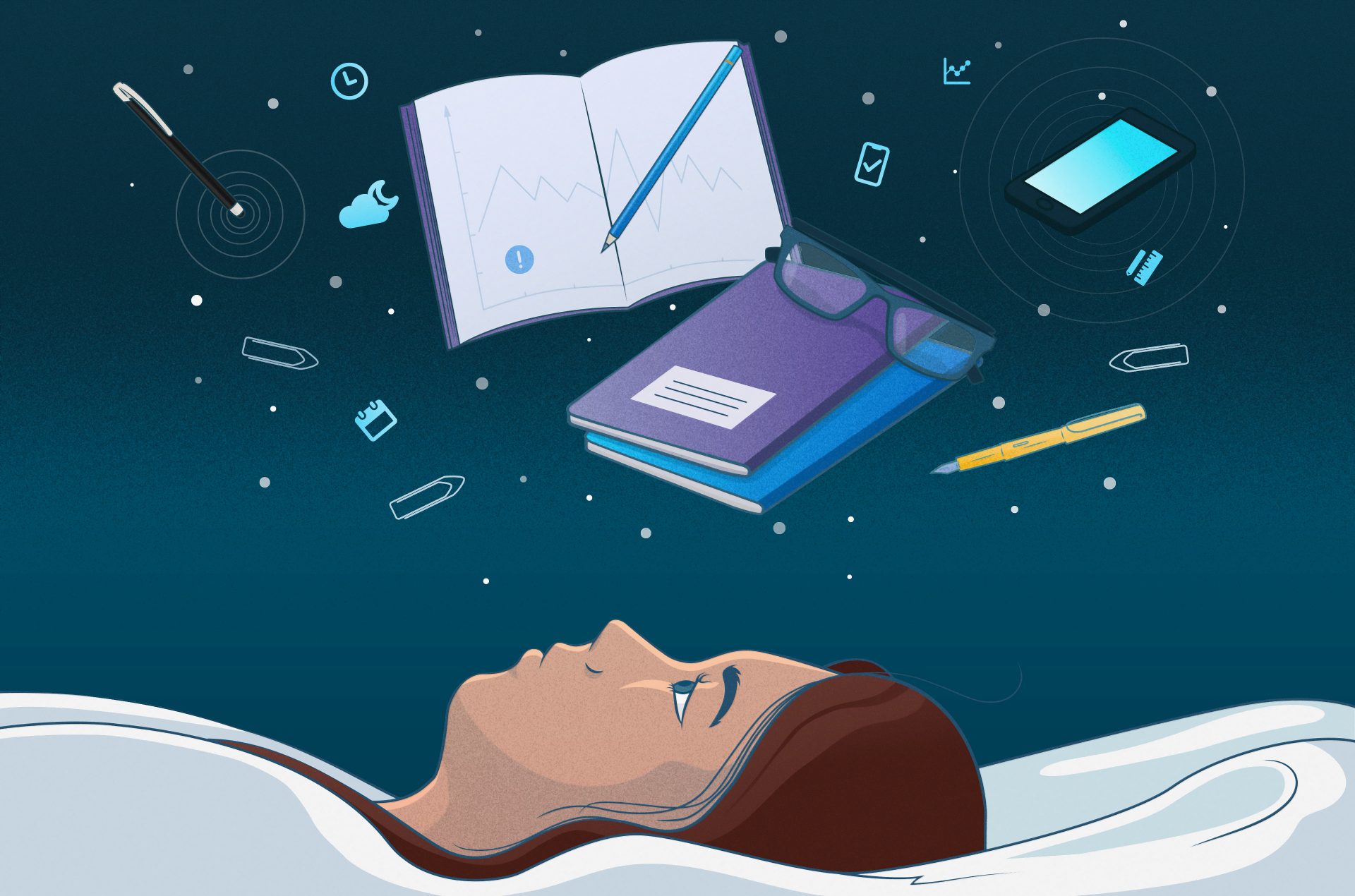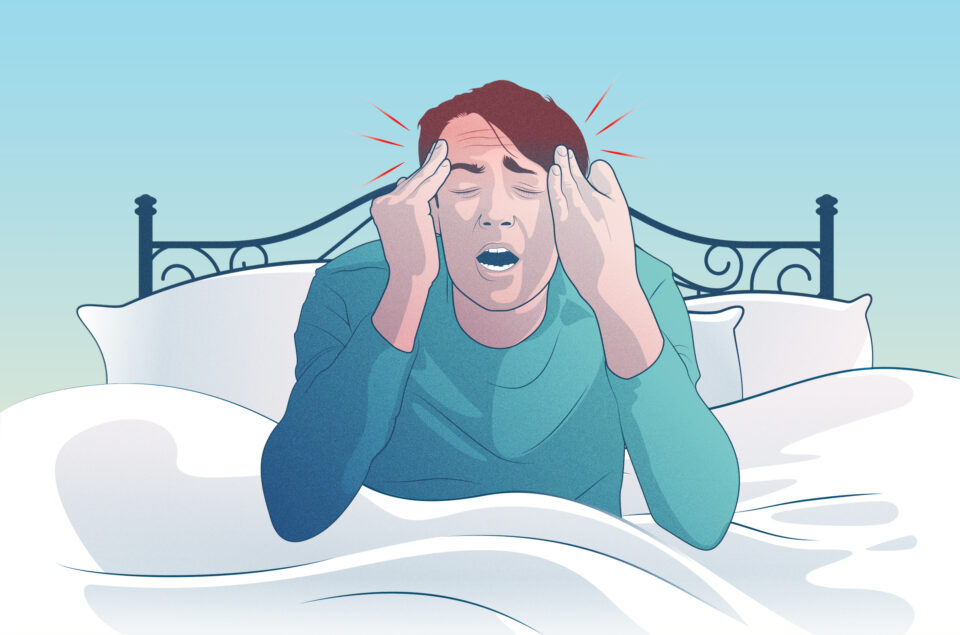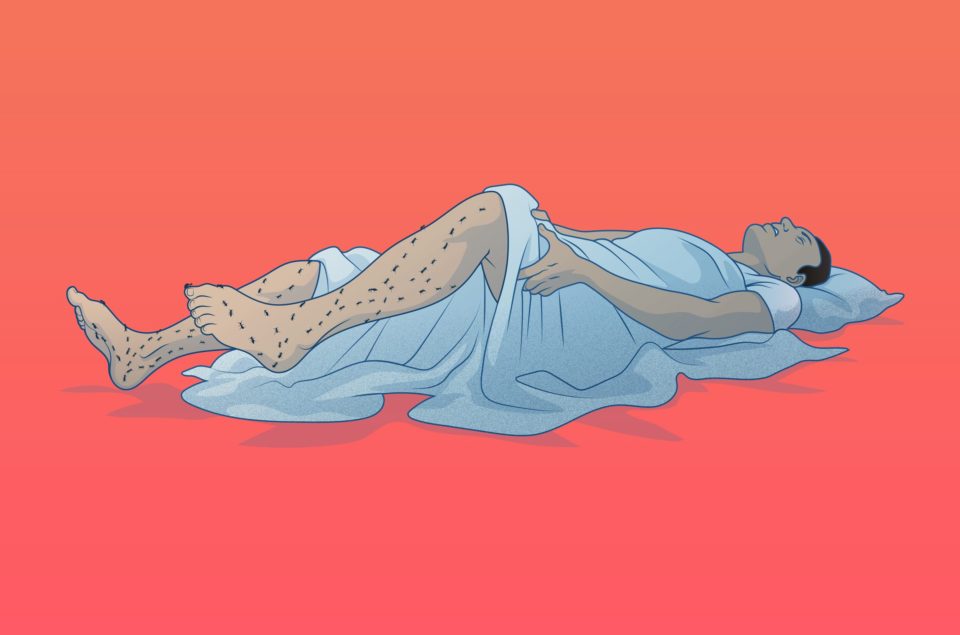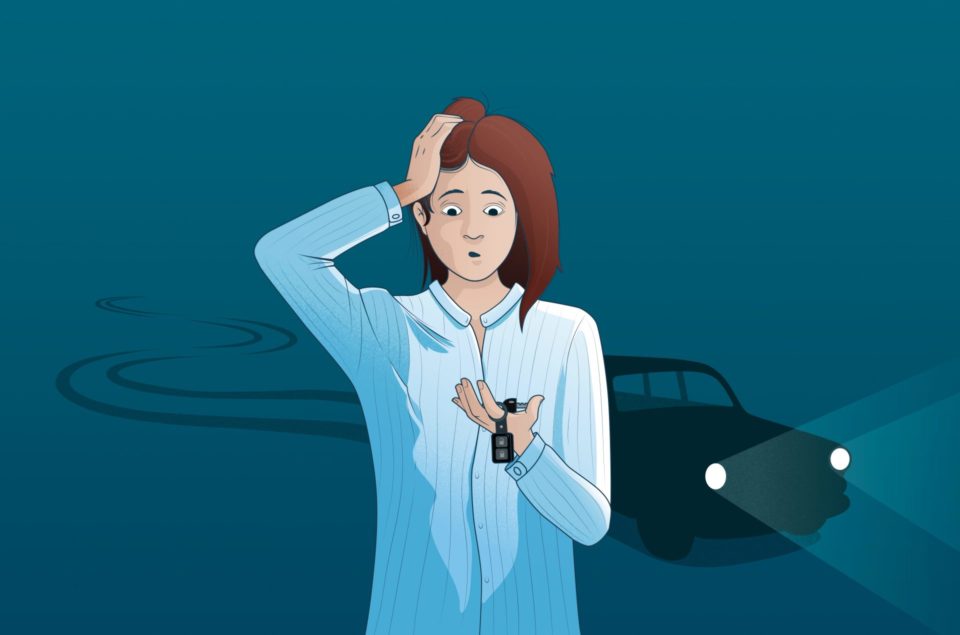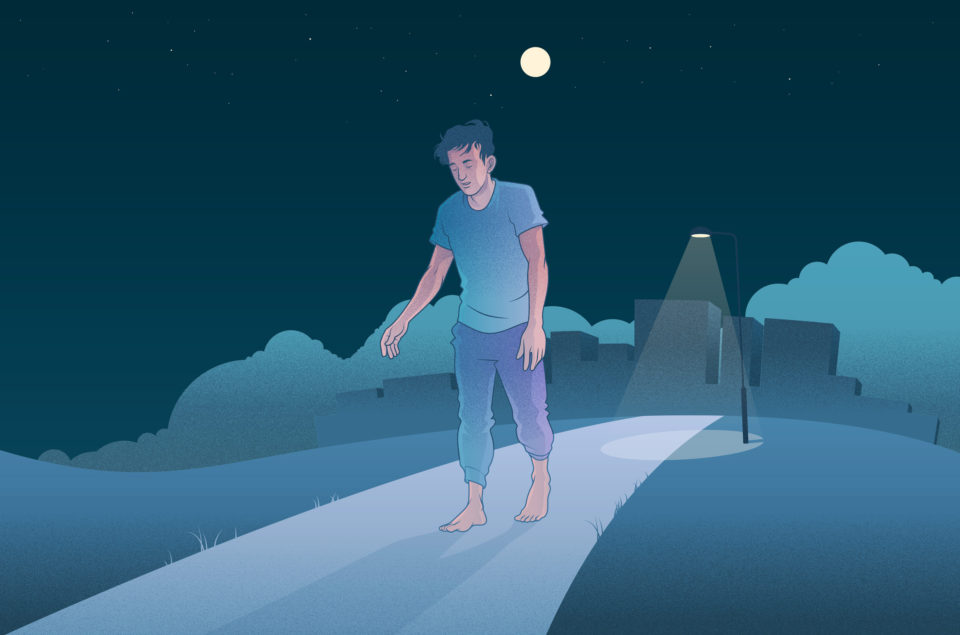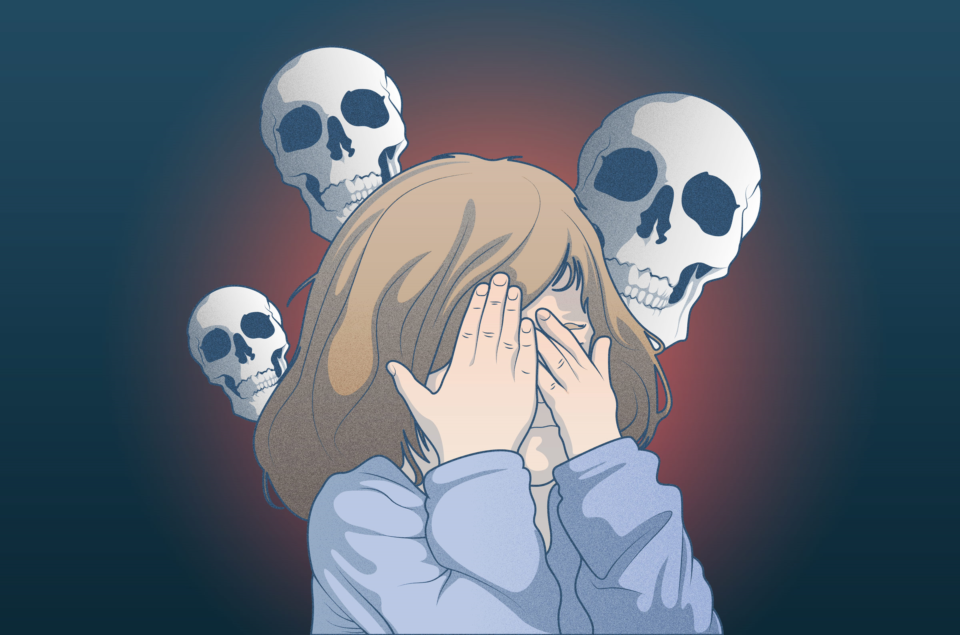Research shows there’s a one in three chance that you likely suffer from some kind of sleeping disorder that may stop you from getting the right amount of rest you need and has a significant impact on your quality of life. One of the most common of these is Delayed Sleep Phase Syndrome, or DSPS. But what is it and why should we address it? And finally – how can we treat it?
In this article, we cover:
- What is Delayed Sleep Phase Syndrome?
- 3 Treatments to counter DSPS
- Misconceptions about this syndrome
What is Delayed Sleep Phase Syndrome?
Trouble putting down your smartphone before bed? Just one more episode of that addictive Netflix series? There are many reasons to stay up late; if it only happens now and again, it’s probably harmless. But if it becomes a habit you could be putting yourself at risk from Delayed Sleep Phase Syndrome.
This syndrome describes a ‘glitch’ in the body’s Circadian rhythm that causes the delay of a sleep pattern by two or more hours. In other words, DSPS keeps us awake longer, delays waking up in the morning and ultimately causes fatigue.
Although the sleep DSPS sufferers get is “normal”, the delay in achieving it and the fact that it’s often shorter in duration can cause excessive sleepiness and lack of focus, often resulting in disruption to work and other social demands. If you’ve noticed a similar delayed sleep pattern and if keeping up with everyday demands is proving difficult and causing anxiety, then you may want to consider speaking to your physician.
Symptoms
Generally, DSPS sufferers can be said to have the following symptoms:
- A delay in sleeping patterns in relation to a desired or required schedule
- Difficulty falling asleep at a desired time
- Problems waking up at a desired time
- Excessive daytime sleepiness
- Difficulty concentrating or doing common tasks
People suffering from DSPS are also affected by the symptoms above for at least seven days.
Risk Groups for DSPS
While anyone can develop DSPS, certain individuals are more at risk than others:
- Adolescents and young adults: They are at increased risk for developing DSPS due to the natural changes in their sleep patterns which occur during puberty. During puberty, the body’s natural sleep-wake cycle may shift to a later time, making it more difficult to fall asleep and wake up at desired times. This can result in a misalignment between the individual’s sleep-wake cycle and their daily responsibilities, such as school or work.
- Individuals with certain medical conditions: Certain medical conditions, such as depression and anxiety, can increase the risk of developing DSPS. This is because these conditions can affect the body’s natural sleep-wake cycle, making it more difficult to fall asleep and wake up at desired times. In addition, people with neurological conditions, such as autism and ADHD, may also be at increased risk for developing DSPS.
- Individuals with relatives suffering from DSPS: Genetics may also play a role in the development of DSPS. Research has found that certain genetic variations may be associated with an increased risk of developing DSPS. These genetic variations can affect the body’s natural circadian rhythm, making it more difficult to fall asleep and wake up at desired times
3 Treatments to counter Delayed Sleep Phase Syndrome
When seeking treatment for Delayed Sleep Phase Syndrome, it’s important to rule out other potential causes of the problem. Examples of these can be another sleep disorder, an undiagnosed medical condition, side effects of prescribed medication or substance abuse. Studies indicate that 50% of DSPS sufferers also experience depression, so ensuring the right problem is identified is a vital first step in any treatment.
If you think you may have DSPS, we recommend contacting a healthcare professional. After an initial examination and confirmed diagnosis, your doctor may recommend a treatment plan. This generally focuses on 3 main areas:
1. Bright light therapy
Bright light therapy is a simple but effective method of resetting the body’s circadian rhythm. With this treatment, the individual is exposed to bright light early in the morning, immediately after waking up. In the evening (especially the hours before bedtime) the opposite method is applied – in other words, bright, outdoor light is avoided. By doing so, a foundation for improved sleep routines can be established.
2. Melatonin supplements
Melatonin is a hormone produced in the brain that controls your body’s sleep and wake functions. The body produces more at night and the amount produced is also affected by our exposure to light. Melatonin supplements can be used to help regulate the sleep-wake cycle and shift the body’s natural sleep pattern. This treatment is typically taken in the evening to help promote sleepiness and to reset the body’s natural circadian rhythm. Melatonin supplements are often prescribed for insomnia or DSPS and in some cases, even to counter jetlag.
3. Chronotherapy
As the name suggests, chronotherapy is a time-based therapy that involves gradually applying a new sleep schedule. This schedule delays bedtime by between one and two hours every day until the desired effect and bedtime have been achieved. For example, say you are going to bed at 3 am and waking up at 11 am. On the first day of chronotherapy, you might stay up until 6 am, waking up at 2 pm. On the second day, you would stay up until 9 am, waking up at 5 pm. On the third day, you would stay up until 12 pm, waking up at 8 pm, and so on until you achieve the desirable bedtime and wake-up time.
This treatment requires a lot of discipline and adherence to a strict schedule, but it can be effective for people with severe DSPS.
Misconceptions about DSPS
There are some misconceptions that need to be clarified regarding DSPS:
- DSPS vs. Insomnia: Delayed sleep phase syndrome and insomnia are two distinct conditions, and they cannot be used interchangeably. Although behavioral therapy can be used to treat insomnia, particularly when an underlying mental illness is involved, it is not recommended for DSPS. DSPS patients need to adopt conventional sleep patterns to manage the condition.
- DSPS vs. Night owls: While night owls may deliberately stay up late for various reasons, such as completing schoolwork or socializing, they can adjust their sleep schedule to follow a conventional routine. In contrast, individuals with DSPS do not intend to stay up late, but their internal clock delays their sleep, making it challenging to fall asleep and wake up at conventional times. This difficulty in adjusting their body clock further exacerbates the condition, leading to continued sleep disruptions.
- Napping may not always be beneficial for managing delayed sleep phase syndrome. While napping can shift the circadian rhythm phases and alleviate drowsiness, the timing and length of the nap play a crucial role. However, consulting with a sleep specialist or medical provider is recommended to obtain optimal benefits from napping.
Managing Delayed Sleep Phase Syndrome
People with DSPS may feel isolated from society as the disorder can significantly impact their lifestyle, leading to anxiety about their late sleep schedule. Fortunately, sleep specialists can provide guidance and recommend therapy treatments to alleviate DSPS symptoms and empower individuals to regain control over their sleep routine.
While there are various helpful tips for achieving quality sleep, it is essential to take DSPS and any sleep disorder seriously. We advise seeking professional medical assistance if sleep-related problems are causing health issues or significant disruption to your life.
